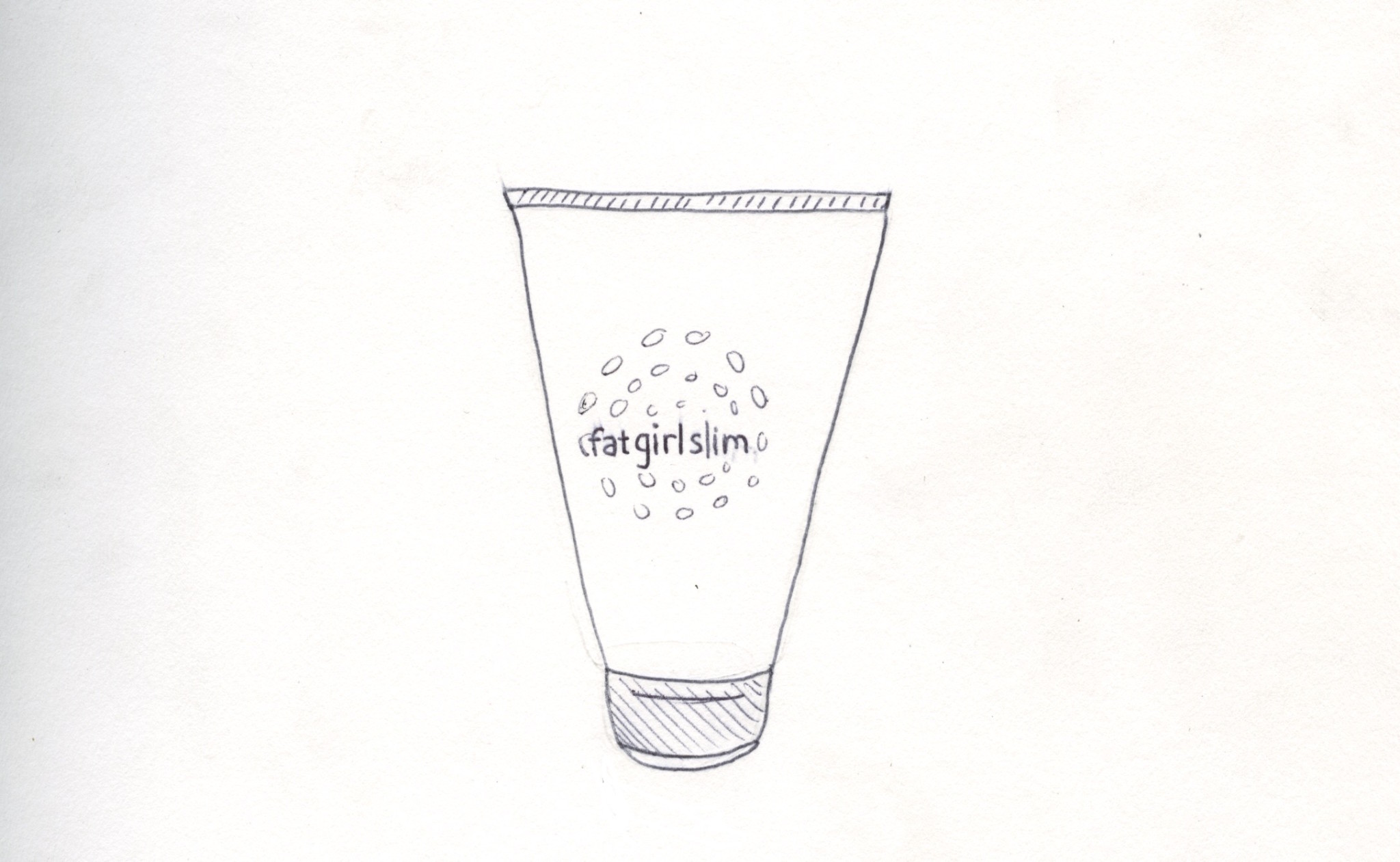Earlier this year, the College of William and Mary Bookstore introduced a new section of the shop called The Glossary, which caters to young women and men who use beauty products to better their appearance. The other weekend, I was walking through this section when something caught my attention that I could not ignore.
One of the shelves was promoting Bliss, a brand that has a variety of creams, lotions and body washes. Among these products was a line that led with the word “fatgirl.” This included the Fatgirl Sixpack, a “tummy toning gel,” the Fatgirl Slim Hide & Glow Sleek, a “tinted firming body spray that perfects and illuminates skin while it firms, tones, and reduces the appearances of cellulite” and Fatgirl Slim, “a skin toning cream.”
I don’t want to get lost in the details of what each of the ingredients is or what the products promise they will fix, as I understand there are many people who believe these types of products will solve their imperfections. (I hesitate to even use the word imperfection because I believe people’s imperfections are what make them unique; however, the beauty industry has this notion that we need to fix our appearances.) In case you cannot see the problem with a “fatgirl” label, let me explain.
I am not saying that this company does not have the right to manufacture a product intended to reduce the appearance of cellulite, nor am I saying the College Bookstore should not be expanding the variety of products they sell. What I am saying is that labeling the products as the “fatgirl” line forces women to label themselves, and by selling these products, the College Bookstore perpetuates this labeling.
Although the name “fatgirl slim” is supposedly a reference to the ‘90s DJ Fatboy Slim, I find it hard to believe that a school with intelligent students such as the College does not see the intrinsic problem with what the product is intended for and what the product’s name entails.
The College is comprised of a community of strong women — athletes, sorority women, artists, dancers, businesswomen and many more. When you read these words, I imagine you have a certain image that comes to mind, and many of us women are proud to bear these titles. Now, what happens when you read the word “fatgirl”? The resulting image is likely something many of us do not wish to bear.
When I paused to look at these products, I felt like the whole store was looking at me. I did not intend to purchase any of the products, but if I had, this is what would have gone through my head: I would have made as little eye contact with the cashier as possible, blushed the entire time, and hurried out of the store. I would have hidden it from my friends and roommate, in fear of being judged. I would have felt like there was a giant, neon, flashing sign above my head that read “FAT GIRL”.
As a young woman I have had my moments of body insecurities when critically analyzing my appearance from the point of view of others. It took me a long time to accept my body for the way it is and recognize that I am healthy and beautiful the way I am. Not only do I work out regularly, eat healthfully, and wear clothes that I feel beautiful in, I also eat whole pints of Ben and Jerry’s, spend lazy days watching Netflix, and rock my backwards baseball hat and sweatpants look.
To the wonderful women of this campus, I hope you never feel like you are confined to a box that is not your own. Own your imperfections, or change them if you so choose, but never let someone else label you or your body. To the College Bookstore — I hope you reconsider advertising and selling a brand that clearly does not promote body positivity and confidence for the thousands of young women who are a part of this community.
Email Alexandra Fielding at asfielding@email.wm.edu

